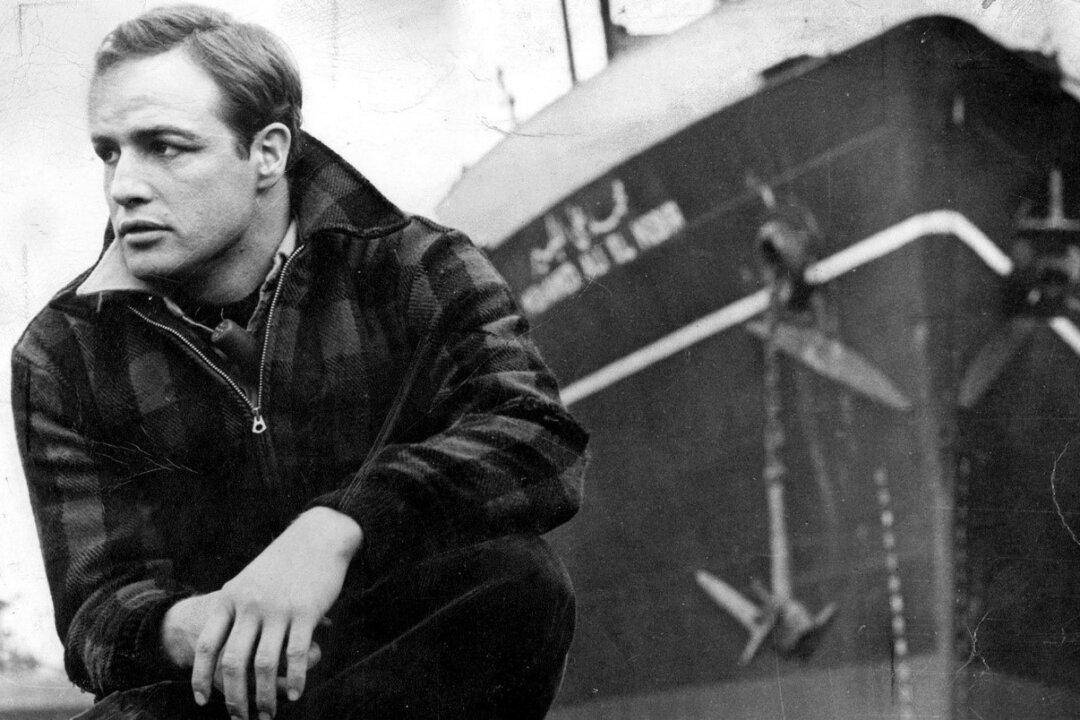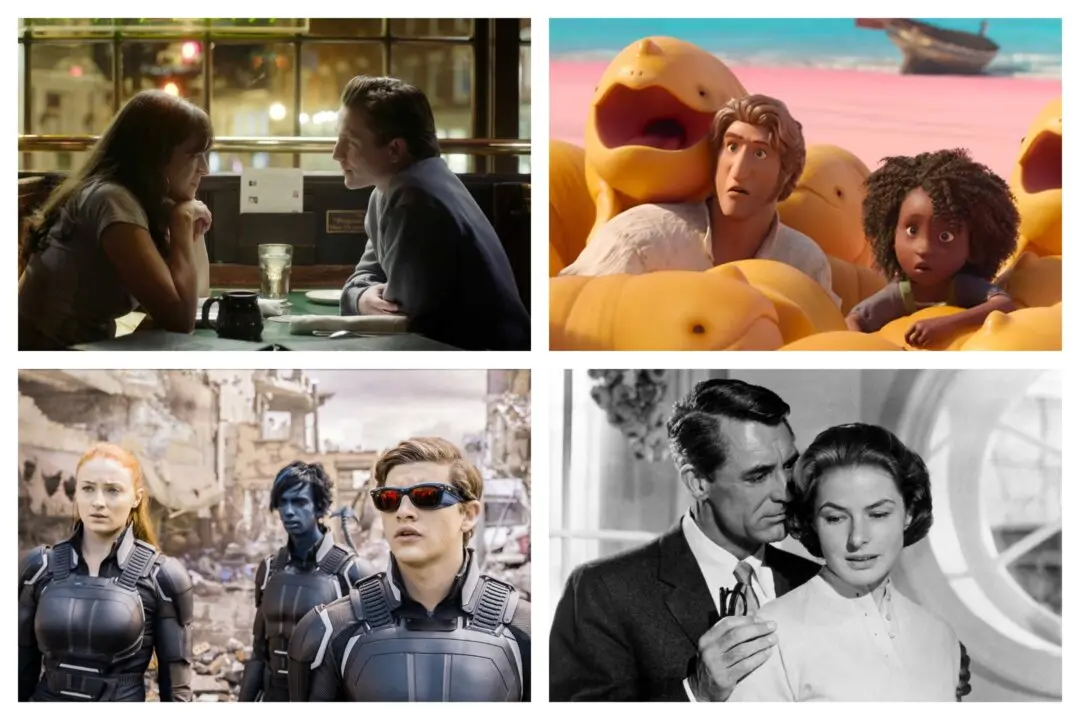Not Rated| 1h 48min | Crime, Drama, Thriller |1954
Was there a movie when you were younger that was so stirring that it became indelibly lodged in the back of your mind and soul the first time you saw it? “On the Waterfront” (1954) was such a powerful cinematic experience for me that, the first time I watched it, it instantly became one of my favorite movies. Despite that fact, I’ve forgotten many of the film’s finer details.






